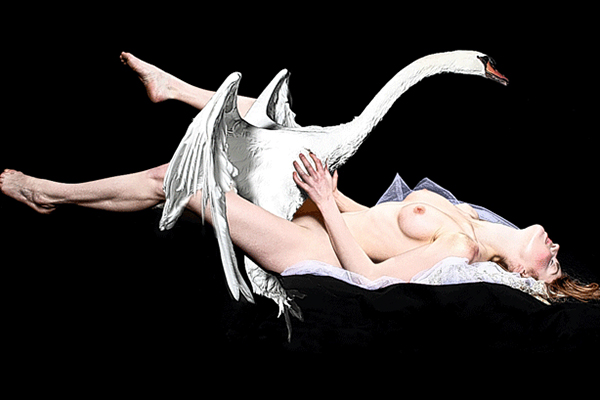Bill C-54 (1988)

Graham, Robert. (1988). Bill C-54. Parachute, 50, pp. 64-65. Retrieved from https://numerique.banq.qc.ca/patrimoine/details/52327/3645281There are many reasons why the Canadian Government’s proposed anti-pornography legislation, as tabled in Bill C-54, will make for bad law. In attempting to do too much at once, and to satisfy simultaneously too many constituencies, the government is creating for itself new powers in the control of discourse which are not only potentially abusive, but even as presently composed and intended contain reprehensible notions of state authority. Yet opposition to the bill has been blunted by the contingent alliance a feminist faction has made with traditional prudery. A legitimate abhorrence of representations of violent misogyny and the sexual exploitation of children has given a progressive hue to plain old censorship.
The legislation sets out a number of categorical definitions which serve like Venn diagrams to contain and sequester classes of objects. Among the universe of things, the first distinction is made between “erotica” and “pornography.” The former is tolerable, if controlled (segregated, wrapped, hidden), and is constituted by the visual presentation of body parts in a sexual context or for the purpose of arousal. “Pornography,” the bill says, is “any visual matter that shows”… and what follows is a list 45 lines long which, like Borges’ famous Chinese encyclopedia, slides all over the conceptual field. Sometimes the fault is in the act, sometimes in the actor (“…a person who is, or is depicted as being or appears to be, under the age of eighteen years.”) Violent conduct and acts of degradation “in a sexual context” are to be banned. Pornography becomes, then, the illegal presentation of some act, or certain persons, some behaviour or attitude “in a sexual context.” Despite the language of protection and the defence of innocents, the inclusion of the display of such victimless sex as bestiality as an infraction under any circumstances tells us that the authors of this bill are really seeking to suppress what offends them, and not necessarily what harms others. I cannot believe they care that much for the moral upbringing or physical dignity of sheep.
And then, to bring it all together, any communication by any means that “incites, promotes, encourages or advocates” any listed prohibited conduct is also deemed pornographic.
Yet the bill allows some dispensation: works which would otherwise be pornographic can redeem their innocence if the accused can establish that “the matter or communication has artistic merit or an educational, scientific or medical purpose.” It is immediately noteworthy that the apparently prositivist disciplines of education, science and medicine free questionable items by simple intended application, while cultural artifacts must prove an achieved worth. And so we can anticipate the return of that ridiculous parade of witness-critics in testimony, forced to operate as adjuncts to the court. Definitions of art and merit are, quite properly, troublesome; and we should resist having to add such a normative and regulating function to the task of criticism, especially where the penalty for failing the test of merit becomes jail.
The basis for feminist anti-pornography has been summarized as “Pornography is the theory, rape is the practice.” It may well be provable that every rapist is a keen consumer of pornography, but I suspect that it has inspired a much greater incidence of masturbation than vicious assault. In any case, the rightful politicization of pornography does not excuse wrong politics: and the criminalization of theory (which, logically, is what is being called for) is far more dangerous than the risk of tolerance. In opposing the legislation, I must acknowledge that we are making common cause with pimp-filmmakers who exploit runaway children and the communications division of organized crime. But sexuality, as a public discourse, remains an unfinished project. We cannot afford to invoke closure, to say that we have exhausted the debate and are now ready to decide what are and what are not legitimate psycho-physical representations. My advice for those with sincere concerns, to paraphrase a former Prime Minister, is to hold your nose and vote the damn bill down.
ROBERT GRAHAM